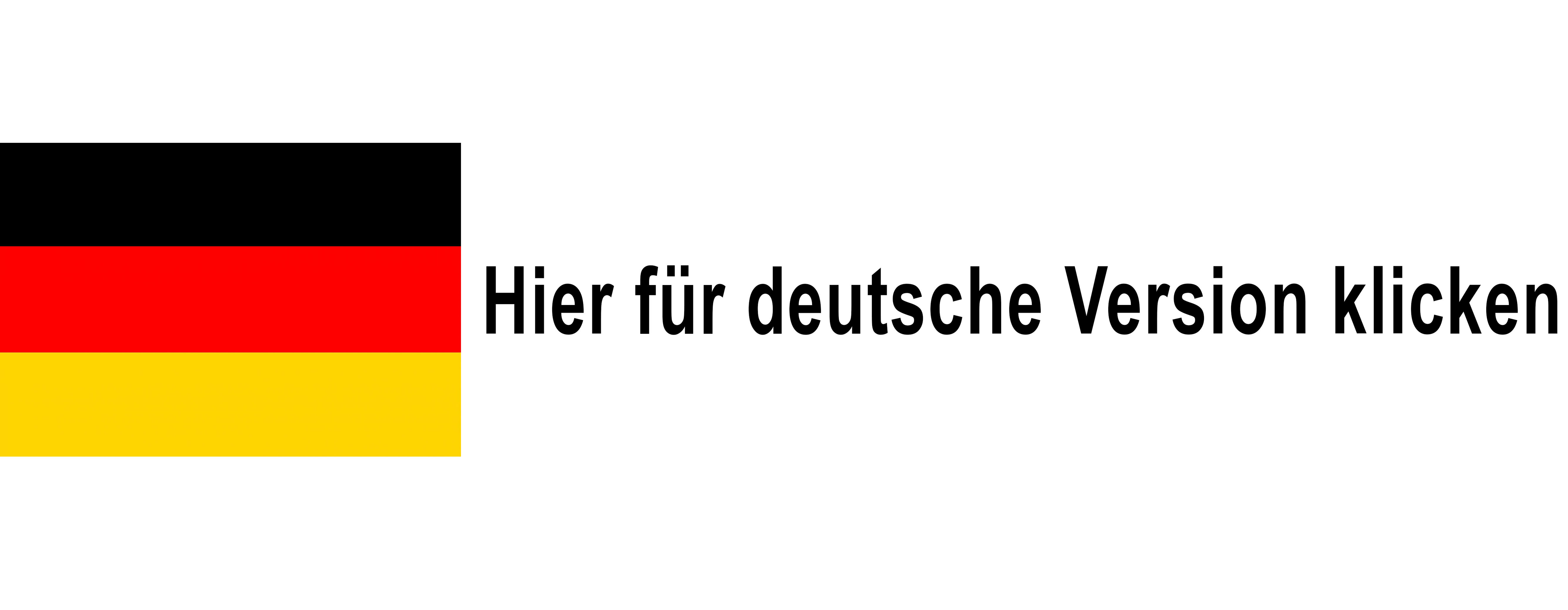|
Module
Name
|
Module
Contents
|
CP
|
|
Module 1:
Paradigms and Methods of Political Science
|
- Paradigms of political
science
- Key approaches and debates in
the discipline
- History of the subject
- Research practice and
research design
Students
attend the lecture series "Theoretical Paradigms of Political Science" and must produce proof of participation in two seminars as well as
sit a course-related end-of-module examination. One of the seminars should
deal with methodological questions of political science research.
|
14
|
|
Module
2: Sub-area I (compulsory elective module electable from one of three sub-areas)
|
|
Module 2a:
Sub-area
I
Political Theory
|
- Problems, theories and
methods of political theory
Students
must produce proof of participation in two seminars and sit a course-related
end-of-module examination.
|
11
|
|
Module 2b:
Sub-area I
Comparative Politics
|
- Problems, theories and
methods of comparative politics
Students
must produce proof of participation in two seminars and sit a course-related
end-of-module examination.
|
11
|
|
Module 2c:
Sub-area
I
International Relations
|
- Problems, theories and methods
of international relations
Students
must produce proof of participation in two seminars and sit a course-related
end-of-module examination.
|
11
|
|
Module
3: Sub-area II (compulsory elective module electable from one of the three
sub-areas which is NOT the same as in Module 2)
|
|
Module 3a:
Sub-area
II
Political Theory
|
- Problems, theories and
methods of political theory
Students
must produce proof of participation in two seminars and sit a course-related
end-of-module examination.
|
11
|
|
Module 3b:
Sub-area II
Comparative Politics
|
- Problems, theories and
methods of comparative politics
Students
must produce proof of participation in two seminars and sit a course-related
end-of-module examination.
|
11
|
|
Module3c:
Sub-area
II International Relations
|
- Problems, theories and
methods of international relations
Students
must produce proof of participation in two seminars and sit a course-related
end-of-module examination.
|
11
|
|
Module
4: Focus Area (from the three possibilities in Module 4, students select one
of the sub-areas already completed in Module 2 or 3)
|
|
Module 4a:
Focus
Area
Political Theory
|
Students
acquire knowledge related to:
- Theoretical and empirical
contents in one of the three sub-areas “Political Theory”, “Comparative
Politics” or “International Relations” that they have already completed
in Module 2 or 3
- A broader interdisciplinary
social science perspective
- Specific research priorities
of their own choice
Students
must produce proof of participation in two seminars and sit a course-related
end-of-module examination.
|
11
|
|
Module 4b:
Focus
Area
Comparative Politics
|
Students
acquire knowledge related to:
- Theoretical and empirical
contents in one of the three sub-areas “Political Theory”, "ComparativePolitics” or “International
Relations” that they have already completed in Module 2 or 3
- A broader interdisciplinary
social science perspective
- Specific research priorities
of their own choice
Students
must produce proof of participation in two seminars and sit a course-related
end-of-module examination.
|
11
|
|
Module 4c:
Focus Area
International Relations
|
Students
acquire knowledge related to:
- Theoretical and empirical
contents in one of the three sub-areas “Political Theory”, "Comparative Politics” or “International
Relations” that they have already completed in Module 2 or 3
- A broader interdisciplinary
social science perspective
- Specific research priorities
of their own choice
Students
must produce proof of participation in two seminars and sit a course-related
end-of-module examination.
|
11
|
|
Module
5-7: Compulsory Modules
|
|
Module 5:
Research Practice
|
Research practice
courses are related to comparative politics and international relations
contents.
Students
must produce proof of participation in a seminar with 4 semester hours per
week lasting one semester or a seminar with 2 semester hours per week lasting
two semesters and complete a written, course-related end-of-module
examination in the form of an empirical research paper.
|
14
|
|
Module 6:
Supplementary Studies
|
Courses can
be chosen individually from:
- The sub-area of Political Science
not chosen as a focus area or other specialisation
- From the Sociology course
portfolio (for advanced social science studies)
- From all courses within the
intra-faculty and cross-faculty research priorities (for advanced
thematic studies)
- From the course portfolio
offered by the Centre for Methods
Not
electable are courses related to research practice courses/empirical practice
courses, colloquia, bachelor’s courses.
Students
must produce proof of participation in two seminars and sit a course-related
end-of-module examination.
|
11
|
|
Module 7:
Internship
|
Students
gain an insight into the organisation and processes of the institution
providing the internship and work actively within it. The internship should
be undertaken in an area related to politics in the broadest sense, e.g. at a
public institution, association, non-governmental organisation, private sector
company, etc.
Students
are expected to find a suitable internship themselves; the teaching staff for
the degree programme can help with arranging it. The internship can be
undertaken during the semester vacation or parallel to the degree programme,
full-time or part-time.
Students
must prepare a report on their internship. It should report on the contents
of the internship and reflect on the relationship between university
education and the requirements of professional practice.
Duration:
At least 10 weeks
|
12
|
|
Module
8-9: Completion of Studies
|
|
Module 8:
Colloquium
|
- Discussion of and reflection
on one’s own research project
- Presentation of one’s own
research project
Students
must produce proof of active participation in a colloquium.
|
3
|
|
Module 9:
Master’s Dissertation
|
- Composition of a master’s
dissertation on a topic of one’s own choice
- Presentation and oral
discussion in the form of an oral examination
|
|









